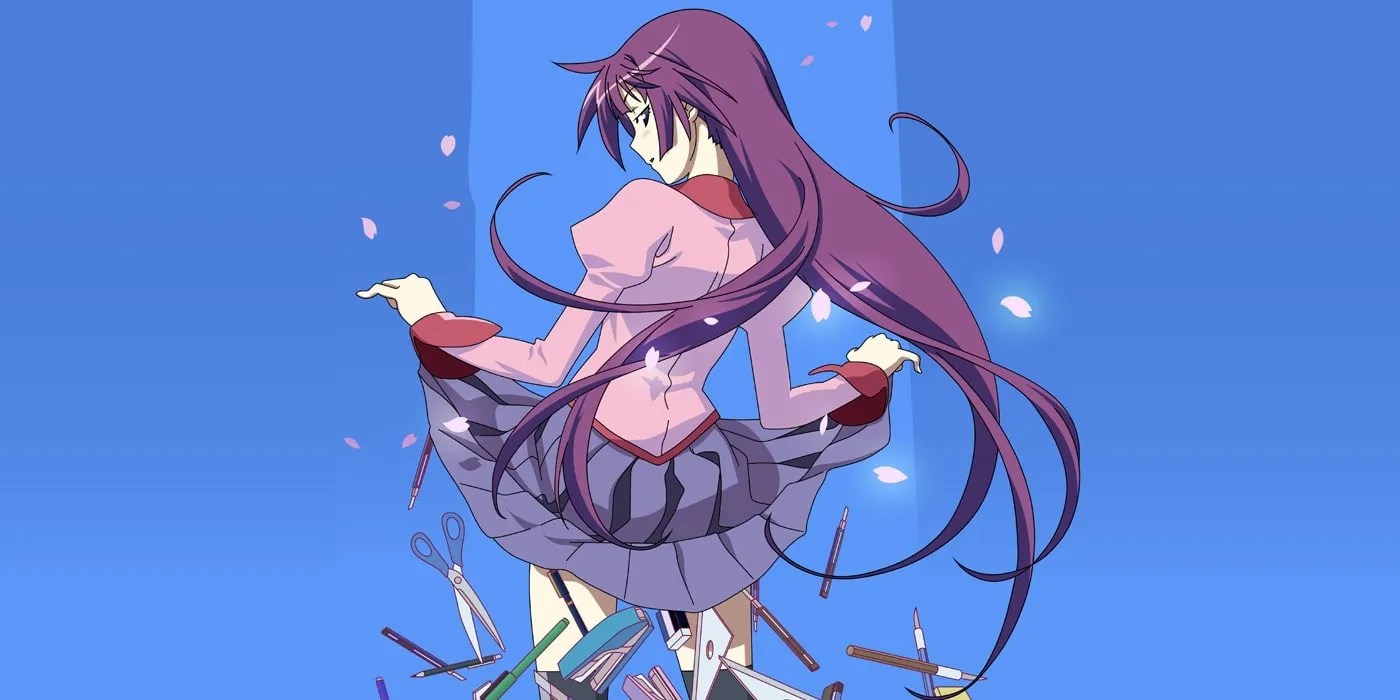Summary
Dubbing anime into English is not an easy task. It involves navigating cultural nuances, linguistic intricacies, and preserving the spirit of the original work. Certain series in particular can be a headache for translators if they contain a lot of wordplay and deeply embedded references to Japanese culture.
This is one of many reasonssome anime never receive English dubs, no matter how popular they are. They pose too much of a formidable task to translate and then dub. On the other hand, skilled translators and voice actors have taken on some of these hard-to-dub series and were more or less successful.

Ouran High School Host Clubis aparody of shojo manga, so there are bound to be some references that fly over the viewers' heads. In addition to featuring host clubs (something almost exclusive to Japan), understanding the series' humor requires some knowledge of the Japanese language.
The English dub for the series was well-received, in part due to how it managed to translate some of the Japan-specific humor. For example, in the first episode, Haruhi’s declaration that she’s going to refer to herself using ‘ore’ (a masculine first-person pronoun) was replaced with her saying she’s going to start calling everyone ‘dude’ and ‘bro’.

No. of Episodes
69
The title of the show itself is a pun. It translates to ‘Freshly Baked!! Japan’ and it’s about a 16-year-old Kazuma Azuma and his goal to createJapan’s national bread, the Ja-pan. What follows is a barrage of puns based on bread, some involving knowledge of kanji. Even some of the characters' names are puns.

The English dub ofYakitate!! Japanonly aired in Singapore on Animax, and as expected, a lot of the show’s humor is lost in translation. Even subtitling the show or translating the manga is difficult to do without lots of cultural notes. Many fans think a dub that keeps the essence of the Japanese original just isn’t possible.
Masaaki Yuasa’saward-winning time travel animehas another quirk to go along with the trippy animation - characters who talk way too fast. The main character in particular speaks at such a rapid pace that even the subtitles are hard to keep up with. Even thoughThe Tatami Galaxywas licensed by Funimation for the English-language market, the series is unlikely to get a dub for this reason alone.

Additionally, the anime also contains a lot of wordplay and Japanese cultural references that might pose a challenge for translators, and there’s a good chance that the series would lose its charm in an English dub.
Urusei Yatsurais chock-full of puns, as is typical for a Rumiko Takahashi series.Even the title is a complex, hard-to-explain pun. In fact, the first US DVD release by AnimEigo came with liner notes explaining all the wordplay and cultural references used in the anime.

This might partially be the reason why the incomplete dub of the 1981 series was received so poorly, in addition to the voice acting. Fortunately for dub fans, however, the 2022 series reboot did get an English dub.
38

Studio Shaft’s anime series are usually too esoteric for words, andSayonara, Zetsubou Senseiis no exception. The anime is adarkly comedic takeon a lot of aspects of Japanese society, including politics, otaku culture, and the media. A lot of the humor relies on the viewer’s understanding of Japanese culture and paying attention to what’s written on the boards.
As expected,Sayonara, Zetsubou Senseiis also pun- and wordplay-heavy, down to the characters' names. The fact that the series got an official translation at all is quite admirable, but an English dub is most likely never going to be on the table.

Despite the original OVA only being six episodes,FLCLhas enough Japanese pop culture references to fill a house. Even the series localization director has talked about how hard it was to find American equivalents for the references, an example being changing the discontinued Cherio soda to Crystal Pepsi and the references to Japanese rock bands with American ones.
The anime’s English dub surprisingly received almost universal acclaim, owing to the localization team’s efforts to translatesuch an esoteric series. Even the most ardent dub-hater will admit that there was a lot of passion behindFLCL’s dub.
Ifthe watch order of theMonogatariserieswasn’t confusing enough, wait until viewers get a taste of the series itself. Studio Shaft is steering the wheel, and that can only mean a lot of quirky surrealism that extends to its humor.
The anime’s humor is way too embedded in the Japanese language, a good example being its famous tongue twister and cat girl Black Hanekawa’s kitty-ified version. Even watching the show with subtitles can lead to some of the jokes being lost on the viewer. Interestingly, the anime has been dubbed in French and German, but not English.